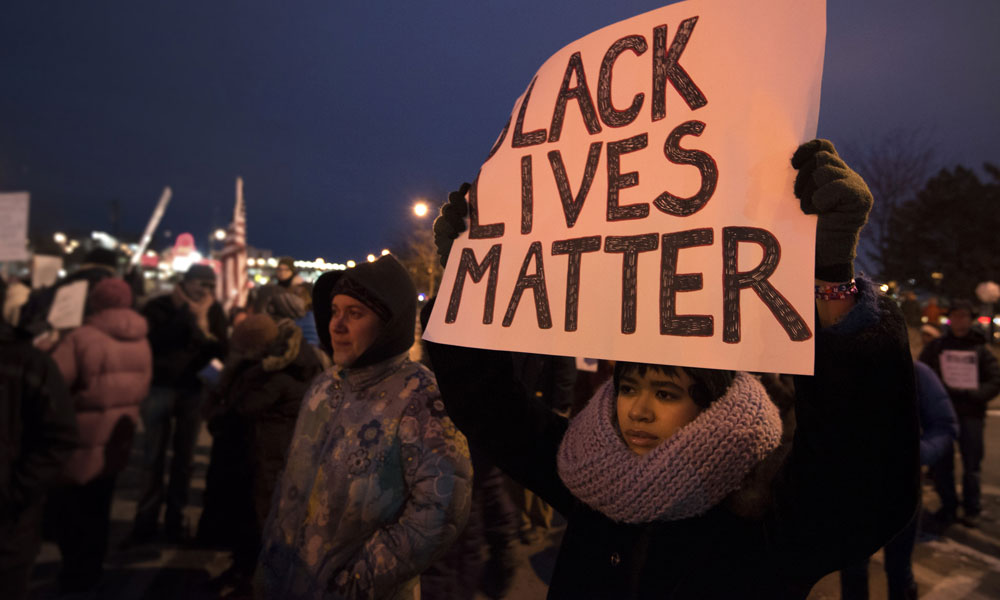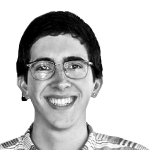
Mental Health Groups Focus on a Fragile Ferguson
With the impact of the grand jury decision in the police shooting of Michael Brown still fresh for residents of Ferguson, Missouri, mental health groups are offering support and counseling to community members dealing with anger and grief.
Continuing to reel from a death felt around the nation, emotions have been running high in Ferguson, Missouri, for nearly four months now.
A fresh round of protests, some of them violent, erupted after last Monday’s grand jury decision not to indict white police officer Darren Wilson in the August 9 fatal shooting of Michael Brown, an 18-year-old African-American man who was unarmed when he was killed.
A week before the decision, Missouri Gov. Jay Nixon declared a state of emergency and dispatched more than 2,200 members of the National Guard to the St. Louis area and hundreds more to Ferguson.
But some critics say there’s an alternative to strong police and military presence.
There is a real need for counseling and mental health services. This community is going through a great trauma. #STLhttp://t.co/GMerNwYZh8
— Antonio French (@AntonioFrench) November 21, 2014
On November 19, St. Louis Alderman Antonio French sent a letter calling on Nixon to send “400 counselors and mental health professionals” instead of “more guns.”
In response, on November 22, Nixon sent mental health experts from the Missouri Resilience Coalition to Ferguson. Formed shortly after Brown’s death, the coalition includes professionals from the state’s mental health, education, and social services departments.
Associations and community groups are also rising to meet that need. The Association of Black Psychologists (ABPsi) and the Community Healing Network, Inc. (CHN) are teaming up to provide mental health support to the community.
The groups, which denounced the grand jury decision [PDF] as “another example of the devaluing of black life and the dehumanization of black people,” will offer workshops in Ferguson and the St. Louis area to help those traumatized by the shooting and its aftermath. Two sessions are already scheduled for Friday and Saturday at Harris-Stowe State University in St. Louis.
In a news release, CHN founder and President Enola Aird said the initiative aims “to help build the movement for emotional emancipation in Ferguson.”
ABPsi has experience providing mental health services after disasters: Its Disaster Relief Task Force [PDF] treated Haitian earthquake survivors. CHN will draw from its experience in communities, including its Community Healing Days program, in which more than 135 U.S. cities participate.
While the workshops will address the stress and trauma caused by Brown’s death, the ensuing protests, and the police response, they also will examine “the historical trauma caused by the lie of black inferiority—the root cause of the devaluing of the lives of black people.”
“We are excited about starting a community conversation about overturning the myth of dehumanization—the toxic idea that black people are less than human,” ABPsi President Dr. Marva Robinson said in a press release. “The demonstrations in Ferguson have been calls for justice for Michael Brown, yes, but they are also calls for black people to be treated as human beings.”
A protester shown at a Ferguson solidarity march in Minneapolis. (Fibonacci Blue/Flickr)






Comments